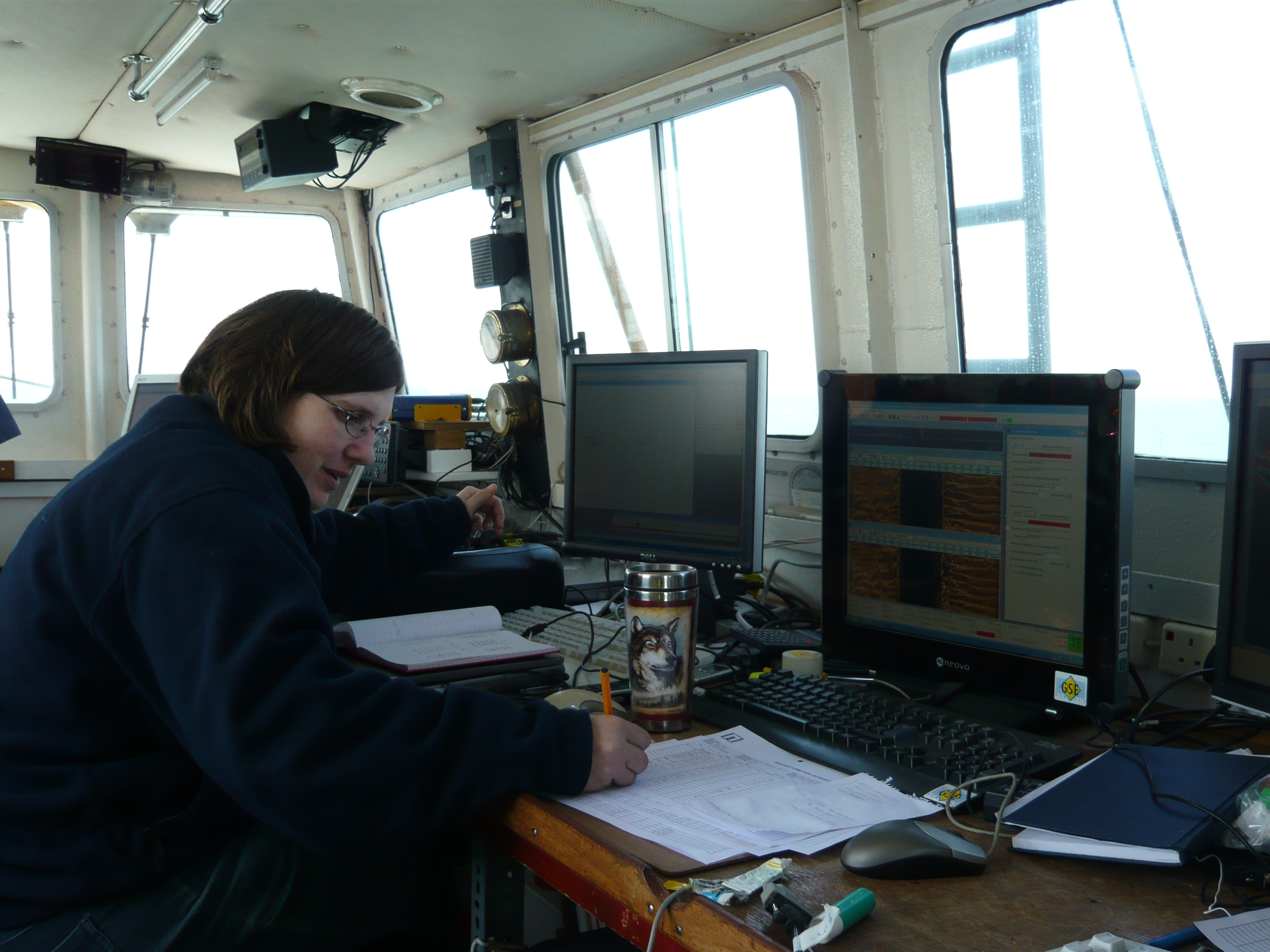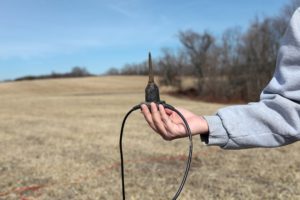All Categories
Featured
Table of Contents
Bsc Geophysics in Leda Oz 2023
This work is progressively contracted out, so consultancies provide another source of work. Consultancy firms vary in size, from extremely little companies to big multinationals. Some consultancies are quite specialised in using particular geophysical techniques or operating in particular areas, while others use a more diverse range of services to their customers.
The extraction of gas from land fill sites is another area of work and this might grow in the future. Expedition companies may undertake work for construction firms, public utility, mining business and ecological agencies, so geophysicists may be employed in any of these settings. Other employers consist of: geological surveysgovernment bodies and agenciesuniversities and research institutes.


Vacancies may be noted in the oil and gas sector press. Recruitment is impacted by oil cost changes and the level of competition for positions differs depending on this. Careers Days, which cover the full variety of geoscience careers and are normally attended by a variety of crucial industry companies, are run by The Geological Society.
Geophysicist Job Description, Career As A Geophysicist ... in Mount Pleasant Oz 2023
A few of the big oil and gas business use a complete two-year structured training programme throughout the breadth of geophysics, including the chance to experience work in various groups before specialising in one location. Your training may include work on: existing wellsmagnetic and gravitational possible field data analysisresearchrock analysis. However, it's more usual for your initial training to be offered on the job.

There might be a probationary period throughout which you work along with a skilled associate. Competency-based appraisals take place routinely in a lot of companies. In smaller sized firms, and for academic posts, there is not likely to be any formal training - you'll be expected to begin work straightaway and pick up skills as you go along.
If you work for a smaller sized business, you might find that you need to take duty for setting up and moneying your own development and training. If you have a geology degree, subscription of The Geological Society can be helpful for networking and for keeping up to date with the industry.
Career Guide: Geophysicist in Marangaroo Australia 2023
You might also discover it beneficial to join the PESGB (The Petroleum Expedition Society of Great Britain, which has a geophysics special interest group. After a probationary duration, and when you have actually acquired some experience, you might progress to senior geophysicist, then team leader and then into a senior role in management.
The ease of motion in between functions depends on the company structure. Study at Masters or Ph, D level in a subject associated to geophysics or geosciences may assist with your career advancement and progression. The employment market within the oil and gas industry is really based on price and this might impact your chances for career development.
However, not all jobs are dependent on the oil and gas industries. For knowledgeable geophysicists, freelance consultancy uses a good route for career advancement. You can likewise specialise in a particular location of geophysics. As a geophysicist, you're likely to have a number of tasks throughout your working life. Worldwide mobility is crucial for dealing with peaks and troughs in various nations at various times.
Geophysical Surveys - U.s. Geological Survey in Karrinyup Aus 2022
From geophysics, it's possible to focus on seismology (completing more training to end up being a seismic interpreter) or to move into related areas such as engineering geology or danger prediction.
Deciding what to study in college is a hard choice. Even if you know that your field of interest depends on science, what program of study is right for you? If you make the choice to major in physical and biological sciences and pursue a profession as a geophysicist, you're preparing for an amazing and lucrative occupation.
The first action to achieving your goal of ending up being a geophysicist is making a degree. Even for entry-level positions in the field of geoscience, you'll require a bachelor's degree (a geophysicist college degree) from a certified college or university. Geophysicists must be able to: analyze rocks, pictures, and other pieces of information conduct research study both in the field and in laboratories create maps and charts of their findings compose reports To achieve all this, trainees require a specialized education for geophysicist professions.
As specified above, you'll require a bachelor's degree in geoscience or a related discipline, such as a physical science or a natural science, to land an entry-level task. However students can also prepare by majoring in subjects like: Biology Chemistry Computer technology Engineering Mathematics Physics The above geophysicist majors provide a more generalized method to a single scientific discipline, however the majority of programs need trainees to take one or more geology course.
Table of Contents
Latest Posts
Geophysical And Geotechnical Assessment in Mount Hawthorn Western Australia 2020
Geophysicist Bob Embley: Ocean Exploration Careers in Alexander Heights Oz 2022
Geophysical Surveys: Definition & Methods in Woodlands Western Australia 2021
More
Latest Posts
Geophysical And Geotechnical Assessment in Mount Hawthorn Western Australia 2020
Geophysicist Bob Embley: Ocean Exploration Careers in Alexander Heights Oz 2022
Geophysical Surveys: Definition & Methods in Woodlands Western Australia 2021